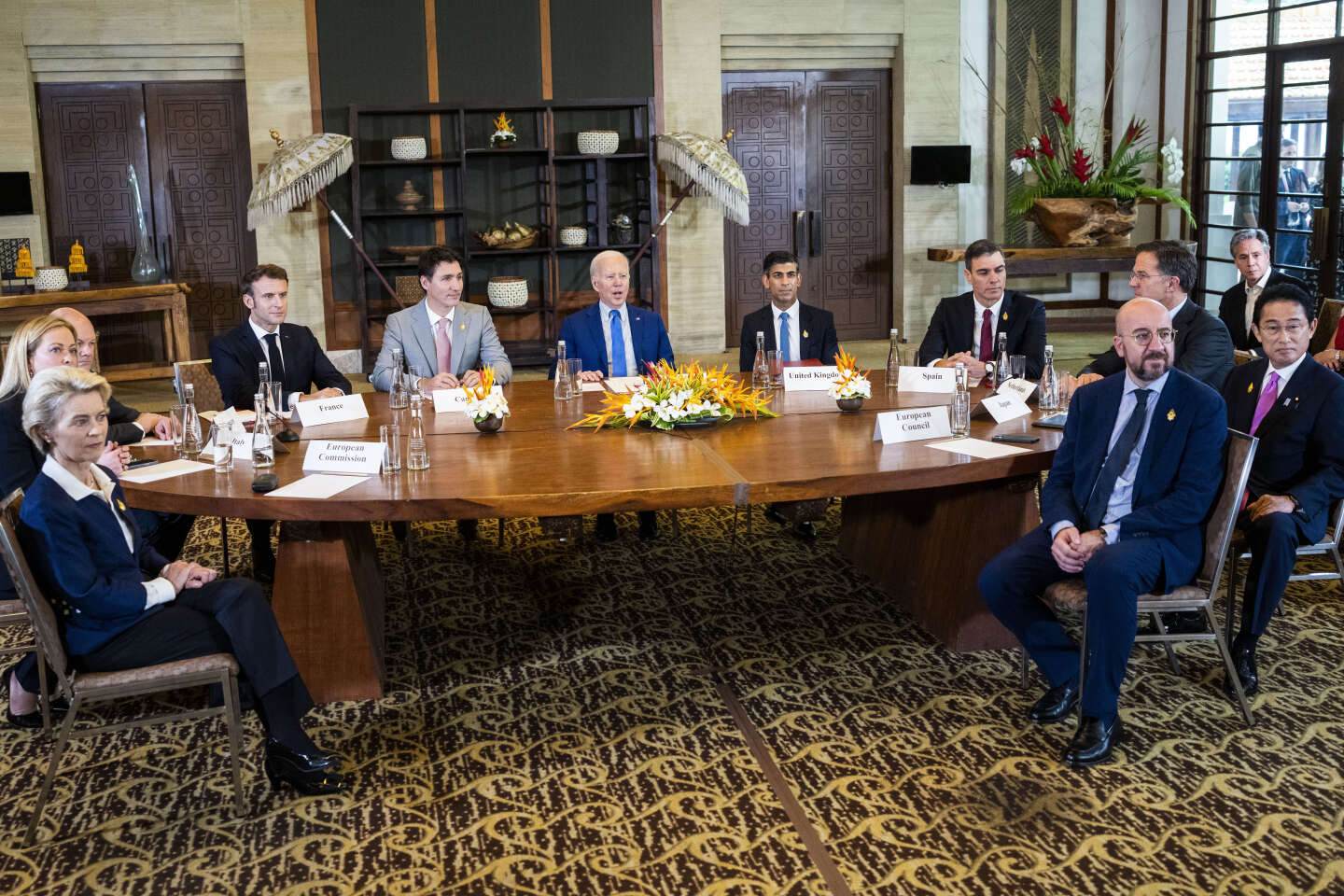


Catastrophic threats require urgent action. Global leaders must work together to heed the call.
Nearly a quarter of a way through the 21st century, millennial hopes of progress and prosperity are largely eclipsed by conflicts and global threats, from the climate crisis and pandemics to nuclear weapons and the emerging risks of artificial intelligence (AI).
These threats would test the mettle of the finest statesmen and women of history, but today they reveal a lack of vision in too many contemporary leaders. From authoritarian leaders to elected heads of state with an eye on the next poll, too many of those in positions of authority are more likely to be guided by their own self-interest and short-term calculations than the sustained flourishing of those they govern.
The contrast between the gravity of our situation and many of the lightweight political responses could not be starker. This is why, together with more than 150 leading voices from across public life – Nobel laureates, former world leaders, scientists, philanthropists and activists – we have signed an open letter to world leaders urging a fresh approach. The breadth of our signatories underscores the shared nature of the peril we face. This is why we call on decision-makers to demonstrate the responsible governance and international cooperation required to confront our common global challenges.
Applying wisdom
Leaders need to act in the interests of living and future generations, and cannot claim that the danger is hypothetical or too far in the future to merit attention now. The impact is already being felt across the globe: a rapidly changing climate, a pandemic that killed millions and cost trillions and wars in which the use of nuclear weapons has been openly raised.
Without urgent preventative action, these catastrophic risks will only escalate, further jeopardizing life on Earth. Last year saw growing global alarm at the out-of-control race to build increasingly powerful AI systems, without meaningful safeguards or oversight. Global temperature rises have exceeded the 1.5-degree threshold for the first time. Pandemic response approaches have fallen back into the cycle of panic and neglect that proved so devastating during Covid-19.
As a former president and a professor, we approach these challenges from different perspectives but are united in our conviction that the only solution is one we call "long-view leadership." This means showing the determination to resolve intractable problems, not just manage them. It means applying the wisdom to make decisions based on scientific evidence and reason and having the humility to listen to all those affected. Those who ascribe to this model must have the moral strength to address both current harms and long-term risks, often at the expense of vested interests.
You have 48.05% of this article left to read. The rest is for subscribers only.
